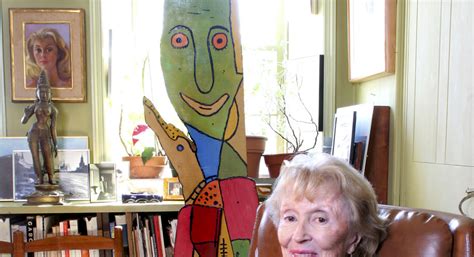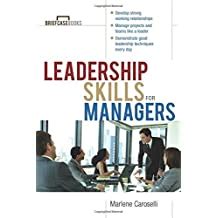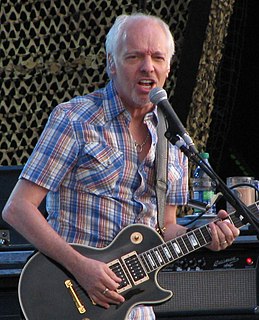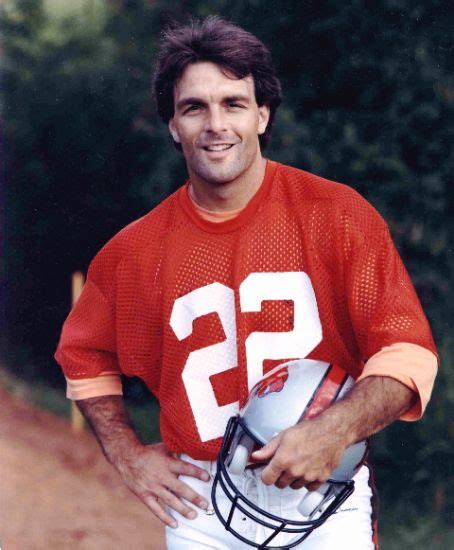A Quote by Francine du Plessix Gray
I think we're much more eager to know about our parents than we were in the seventies.
Related Quotes
What parents said they valued most were discussions with teachers and heads, and what they wanted was more descriptive information in their children's school reports. This is particularly true for primary schools. Parents wanted to know much more than just how their children were doing academically.
To me, the main difference between young people now and the people I was young with isn't so much style, it's the relationships they have with their parents. Their parents like them much more than ours liked us. Our parents weren't our friends. But now I see my friends on the phones with their, what, 30 - year - old kids? And they're talking about feelings.
There is no doubt about it: we are judged by our language as much as (perhaps more than) we are judged by our appearance, our choice of associates, our behavior. Language communicates so much more than ideas; it reveals our intelligence, our knowledge of a topic, our creativity, our ability to think, our self-confidence, et cetera.
I would say basically the commonplace observation that kids aren't going to earn as much as their parents is now is a coin flip at this point. Are you going to do better than your parents? It's a 50-50 chance, whereas if you were born in the 1940s or 1950s, you had more than a 90 percent chance you were going to do better than your parents. So basically almost a guarantee for most kids that you were going to achieve the American Dream of doing better than your parents did. Today, that's certainly no longer the case.
You are valued more than you know, by more people than you think. It might be good to get in touch today with your true worth. It is much higher than you often give it credit for being -- and now is a perfect time to know, and to gently assert, that fact. This is not about arrogance and it is not about over confidence. It is about a simple, dignified Knowing.
We fear discovering that we are more than we think we are. More than our parents/children/teachers think we are. We fear that we actually possess the talent that our still, small voice tells us. That we actually have the guts, the perseverance, the capacity. We fear that we truly can steer our ship, plant our flag, reach our Promised Land. We fear this because, if it’s true, then we become estranged from all we know. We pass through a membrane. We become monsters and monstrous.
They may already know too much about their mother and father--nothing being more factual than divorce, where so much has to be explained and worked through intelligently (though they have tried to stay equable). I've noticed this is often the time when children begin calling their parents by their first names, becoming little ironists after their parents' faults. What could be lonelier for a parent than to be criticized by his child on a first-name basis?
Have you come over time to think that you know more now than you did when you were young, know less now than when young, know now there is so much more to know than you knew there was to know when young that it is moot whether you think you knew more then than now or less, or do you now know that you never knew anything at all and never will and only the bluster of youth persuaded you that you did or would?
Now people are much more receptive because they can just go online and just Google your name and make sure you're not, you know, psycho. But, before, I think lot of opportunities were missed by a lot of girls. Also parents! The girls would go home and would say, "Oh, you know, I was just scouted." And the parents were, like, "You're not going to be a prostitute."
There is so much more information about the scientific world than there was a generation ago that we have all increased our opportunities for ignorance. There are more things not to know. ... The machinery that we deal with is so much more complex that it is possible to become dysfunctional at a much higher level of performance.






































